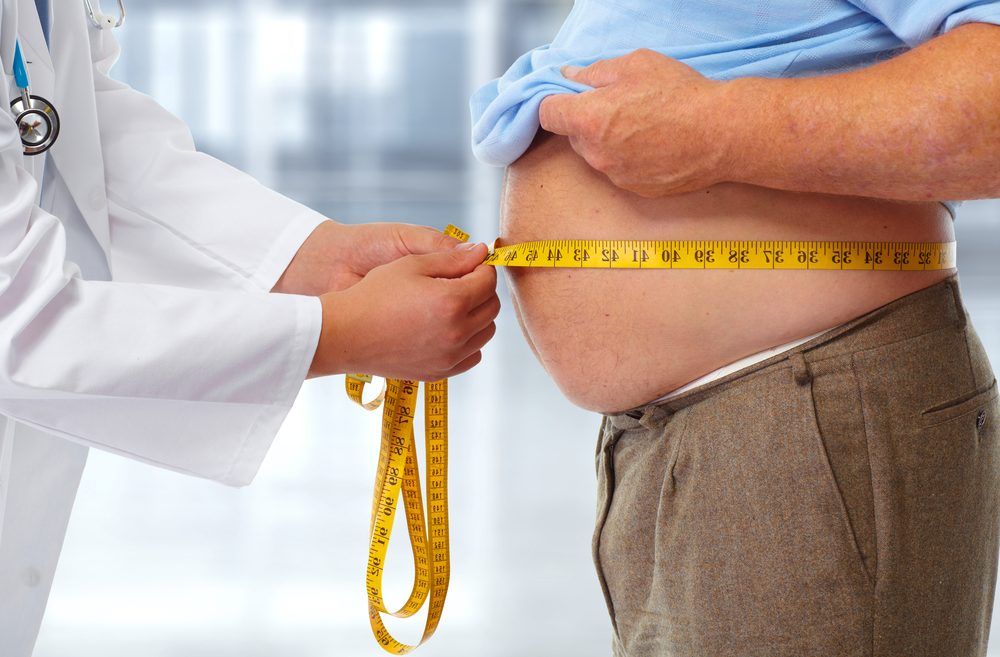
A study published earlier this month in BMC December sought to shed light on gender-specific measures and characteristics of adiposity and their relationship to CRC. Although the findings did show that higher body mass index (BMI) is more strongly associated with CRC in men, while higher waist-to-hip ratio (WHR) poses the greater risk in women, in combined analyses of men and women, none of the underlying metabolic alterations explained the associations between adiposity and CRC.
“More detailed metabolic measures are likely needed to clarify the mechanistic pathways,” wrote the authors, led by Caroline J. Bull, PhD, and Joshua A. Bell, PhD, of the University of Bristol in the United Kingdom.
In their study, the authors identified single nucleotide polymorphisms (SNPs) from a recent study that involved both BMI and WHR, both of which had previously been identified as linked to CRC. Using a very large data set, the authors conducted analyses known as Mendelian randomization, which measures modifiable effects on disease. The looked at both sex-specific and overall effects on 123 different metabolites and found results that were at odds with findings of some smaller studies.
“Our new results are based on instruments for BMI and WHR that were sex-specific and a sample size for CRC that was 6 times larger than used previously,” the authors wrote, which allowed the study to be better powered. The authors also reported a 22% higher risk of CRC among men per 4.2 kg/m2, and 9% higher risk among women per 5.2 kg/m2.
“This is unexpected since BMI and abdominal fat measures correlate highly,” the authors wrote. “However, given that fat storage is more peripheral in women, WHR (unadjusted for BMI) may be a better proxy for the extremeness of fat volume among women, since fat may be stored more abdominally only when peripheral fat stores are overwhelmed.”
To check their findings, the authors repeated their analyses, this time on split samples of men and women, to see if the main findings would hold up relative to sex-combined adiposity. They did.
The authors commented that their findings raise more questions than they answer; they found great “heterogeneity” in the connections they uncovered between different genetic variants and BMI and CRC, and WHR and CRC. To better understand these links, they wrote, “requires more biological knowledge of these genetic variants than currently exists.”
But gaining that knowledge is important, they wrote. “Given the difficulty of weight loss and the ongoing obesity epidemic, it is increasingly important to identify the biological pathways which explain the effect of adiposity on the risk of chronic diseases including CRC.”
Reference
Bull, CJ, Bell, J.A., Murphy, N. et al. Adiposity, metabolites, and colorectal cancer risk: Mendelian randomization study. BMC Med. 2020;18:396. Published online December 17, 2020. doi.org/10.1186/s12916-020-01855-9
"between" - Google News
December 30, 2020 at 08:06PM
https://ift.tt/3ht8XPK
Results Identify Sex-Specific Links Between Adiposity and CRC, but Much Still Unknown - AJMC.com Managed Markets Network
"between" - Google News
https://ift.tt/2WkNqP8
https://ift.tt/2WkjZfX
Bagikan Berita Ini















0 Response to "Results Identify Sex-Specific Links Between Adiposity and CRC, but Much Still Unknown - AJMC.com Managed Markets Network"
Post a Comment